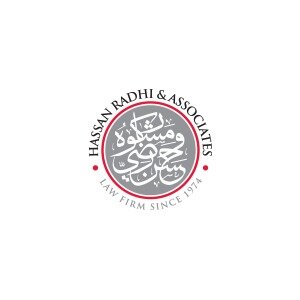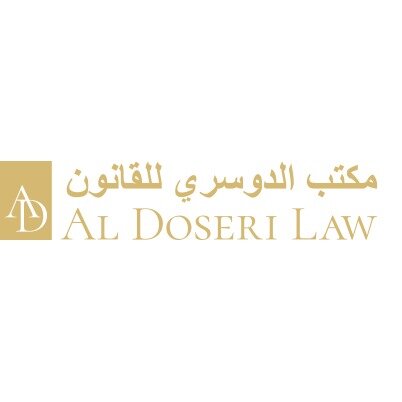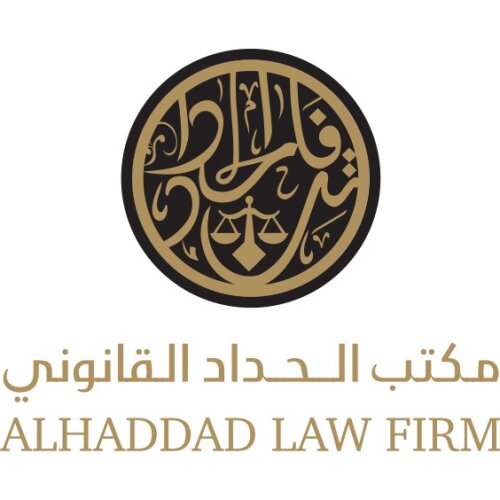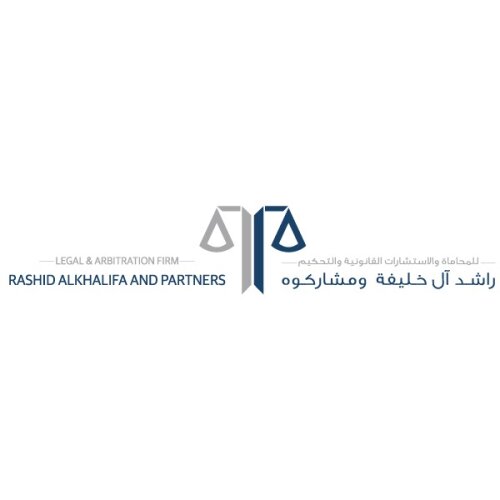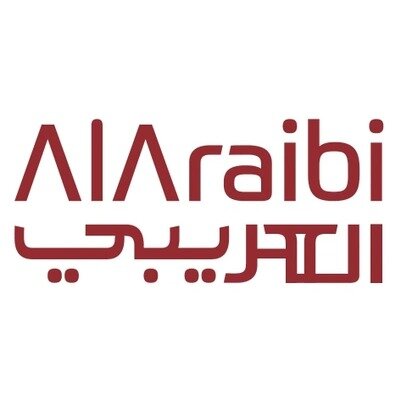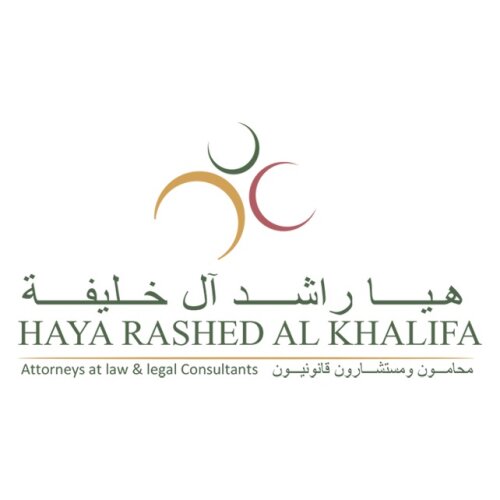Best Water Law Lawyers in Bahrain
Share your needs with us, get contacted by law firms.
Free. Takes 2 min.
Or refine your search by selecting a city:
List of the best lawyers in Bahrain
About Water Law in Bahrain
Water Law in Bahrain refers to the legal frameworks and regulations that govern the management, distribution, conservation, and use of water resources within the Kingdom. As an arid country with limited freshwater resources, Bahrain places significant emphasis on the sustainable use of its groundwater, desalinated water, and municipal supply. The government regulates water extraction, usage, quality standards, and the protection of water bodies to ensure the availability of water for present and future generations.
Why You May Need a Lawyer
Individuals and businesses may require legal assistance in Water Law matters for a range of reasons. Common situations include resolving disputes over water rights, defending against allegations of illegal water extraction or pollution, securing permits for drilling wells, navigating water supply agreements for agricultural or industrial use, and understanding the legal responsibilities regarding water conservation. Lawyers can also help clients address compliance issues, negotiate contracts with water utility providers, and represent clients in administrative proceedings related to water regulations.
Local Laws Overview
Bahrain has developed a statutory regime to manage its scarce water resources. The most relevant laws and regulations include:
- Restrictions on groundwater extraction and licensing requirements for drilling and operating wells
- Regulations governing the quality and safety of desalinated and municipal water supplies
- Laws related to the conservation and sustainable use of water, including restrictions on wastage and requirements for efficient irrigation in agriculture
- Provisions for protecting groundwater sources from contamination and pollution
- The role of governmental agencies, such as the Ministry of Works, Municipalities Affairs and Urban Planning, and the Electricity and Water Authority (EWA), in regulating and monitoring water usage
- Penalties for violations, such as unauthorized extraction or polluting water sources
Understanding these laws is crucial for individuals and entities involved in water usage, management, or commercial activities related to water supply and distribution.
Frequently Asked Questions
What is regulated under Water Law in Bahrain?
Water Law in Bahrain covers the extraction, use, conservation, distribution, and quality of all water resources, including groundwater, desalinated, and municipal water. The law also regulates pollution control and water infrastructure projects.
Do I need a permit to drill a well on my property?
Yes, individuals and businesses must obtain a permit from the relevant authorities before drilling a well. Unauthorized drilling or water extraction is subject to penalties under Bahraini law.
Who manages water resources in Bahrain?
Water resources are managed primarily by the Electricity and Water Authority (EWA) and the Ministry of Works, Municipalities Affairs and Urban Planning. These agencies oversee water supply, regulation, conservation efforts, and infrastructure maintenance.
Are there restrictions on water usage for agriculture?
Yes, there are specific regulations designed to minimize water wastage in agriculture, promote efficient irrigation methods, and ensure that groundwater sources are not depleted or contaminated. Permits and compliance with usage standards are typically required.
What are the penalties for violating Water Law regulations?
Penalties can include fines, suspension of water services, forced closure of unauthorized wells, or legal action in cases of severe violations such as pollution or illegal extraction.
How can I resolve a dispute over water usage or rights?
Disputes can be resolved through negotiation, mediation, or, if necessary, legal action in Bahraini courts. Consulting a lawyer who specializes in Water Law is recommended for complex cases.
Can businesses apply for special water supply arrangements?
Businesses may apply for special water supply agreements, especially in prioritized sectors like industry or agriculture. These require approval by the relevant authorities and must comply with water conservation and quality regulations.
How does Bahrain address water pollution?
Bahrain enforces strict regulations regarding the discharge of pollutants into water bodies. Penalties for non-compliance include fines, cleanup orders, and possible criminal charges for severe pollution cases.
Is desalinated water subject to different regulations?
Desalinated water is regulated to ensure safety and quality for public consumption. The production and distribution of desalinated water are monitored by the EWA and must meet national health standards.
How can I find out if I am compliant with current water regulations?
You can consult with a qualified lawyer or contact the relevant governmental agencies for a compliance review regarding water extraction, usage, and disposal practices.
Additional Resources
If you are seeking information or assistance related to Water Law in Bahrain, the following resources may be helpful:
- Electricity and Water Authority (EWA) - manages water supply, conservation programs, and regulatory compliance
- Ministry of Works, Municipalities Affairs and Urban Planning - responsible for urban water planning, regulation, and permits
- Bahrain Environment Agency - processes complaints related to water pollution and environmental protection
- Licensed legal practitioners with expertise in Water Law
- Local universities and research centers that publish studies on water management and law in Bahrain
Next Steps
If you believe you need legal assistance regarding Water Law in Bahrain, consider the following steps:
- Gather any documentation related to your issue, such as water usage records, permits, official correspondence, or notices from authorities
- Identify the specific area of Water Law that concerns you, such as well drilling, pollution, supply contracts, or regulatory compliance
- Consult with a qualified lawyer who specializes in Water Law to discuss your rights, obligations, and possible courses of action
- If necessary, contact relevant governmental authorities for additional guidance or to initiate formal applications and compliance checks
- Stay informed about changes to local laws and regulations that may affect your situation
Taking timely and informed action with the support of legal professionals can help protect your interests and ensure compliance with Bahrain’s Water Law regulations.
Lawzana helps you find the best lawyers and law firms in Bahrain through a curated and pre-screened list of qualified legal professionals. Our platform offers rankings and detailed profiles of attorneys and law firms, allowing you to compare based on practice areas, including Water Law, experience, and client feedback.
Each profile includes a description of the firm's areas of practice, client reviews, team members and partners, year of establishment, spoken languages, office locations, contact information, social media presence, and any published articles or resources. Most firms on our platform speak English and are experienced in both local and international legal matters.
Get a quote from top-rated law firms in Bahrain — quickly, securely, and without unnecessary hassle.
Disclaimer:
The information provided on this page is for general informational purposes only and does not constitute legal advice. While we strive to ensure the accuracy and relevance of the content, legal information may change over time, and interpretations of the law can vary. You should always consult with a qualified legal professional for advice specific to your situation.
We disclaim all liability for actions taken or not taken based on the content of this page. If you believe any information is incorrect or outdated, please contact us, and we will review and update it where appropriate.
Browse water law law firms by city in Bahrain
Refine your search by selecting a city.



